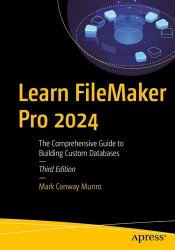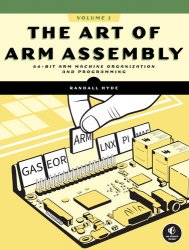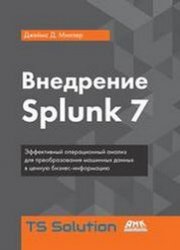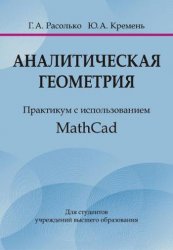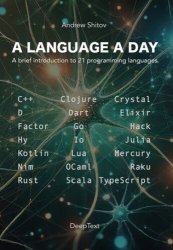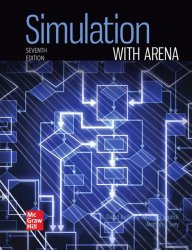 Название: Simulation with Arena, 7th Edition
Название: Simulation with Arena, 7th EditionАвтор: W. David Kelton, Nancy B. Zupick, Nathan J. Ivey
Издательство: McGraw Hill
Год: 2024
Страниц: 689
Язык: английский
Формат: pdf (true)
Размер: 21.5 MB
Simulation with Arena provides a comprehensive treatment of simulation using industry-standard Arena software. The textbook begins by having the reader develop simple high-level models, and then progresses to advanced modeling and analysis. Statistical design and analysis of simulation experiments is integrated with the modeling chapters, reflecting the importance of mathematical modeling of these activities. An informal, tutorial writing style is used to aid the beginner in fully understanding the ideas and topics presented. The new edition now reflects Arena version 16.2 (from version 14.5 in the prior edition), which contains many new and useful features. Arena simulation software is a tool to remove the guesswork from decision making and improve processes, efficiencies, work teams, and profitability. It uses 2D and 3D modeling and real world data to simulate various process scenarios and optimize system performance. It uses the SIMAN processor and simulation language.
We assume neither prior knowledge of simulation nor computer-programming experience. We do assume basic familiarity with computing in general (files, folders, basic editing operations, etc.), but nothing advanced. A fundamental understanding of probability and statistics is needed, though we provide a self-contained refresher of these subjects in Appendices B and C. We also assume knowledge of basic derivative and integral calculus.
As a kind of descendant of simulating with general-purpose programming languages, people sometimes use spreadsheet software for some kinds of simulation. This has proven popular for static models, perhaps with add-ins to facilitate common operations and to provide higher-quality tools (like random-number generators) than what comes standard with spreadsheets. But for all but the very simplest dynamic models, the inherent limitations of spreadsheets make it at best awkward, and usually practically impossible, to use them for simulations of large, realistic, dynamic models.
Special-purpose simulation languages like GPSS, Simscript, SLAM, and SIMAN appeared on the scene some time later and provided a much better framework for the kinds of simulations many people do. Simulation languages became very popular and are still in use. Thus, several high-level “simulator” products emerged that are indeed very easy to use. They typically operate by intuitive graphical user interfaces, menus, and dialogs. You select from available simulation-modeling constructs, connect them, and run the model along with a dynamic graphical animation of system components as they move around and change.
Arena combines the ease of use found in high-level simulators with the flexibility of simulation languages and even all the way down to general-purpose procedural languages like the Microsoft Visual Basic programming system or C if you really want. It does this by providing alternative and interchangeable templates of graphical simulation-modeling and analysis modules that you can combine to build a fairly wide variety of simulation models. For ease of display and organization, modules are typically grouped into panels to compose a template. By switching panels, you gain access to a whole different set of simulation-modeling constructs and capabilities. At any time, you can pull in low-level modules from the Blocks and Elements panel and gain access to simulation-language flexibility if you need to and mix in SIMAN constructs together with the higher-level modules from other templates (Arena is based on, and actually includes, the SIMAN simulation language). For specialized needs, like complex decision algorithms or accessing data from an external application, you can write pieces of your model in a procedural language like Visual Basic or C/C++. All of this, regardless of how high or low you want to go in the hierarchy, takes place in the same consistent graphical user interface. Further, Arena includes dynamic animation in the same work environment. It also provides integrated support, including 3D graphics and business dashboards for some ofthe statistical design and analysis issues that are part and parcel of a good simulation study.
Скачать Simulation with Arena, 7th Edition
[related-news] [/related-news]
Комментарии 0
Комментариев пока нет. Стань первым!


